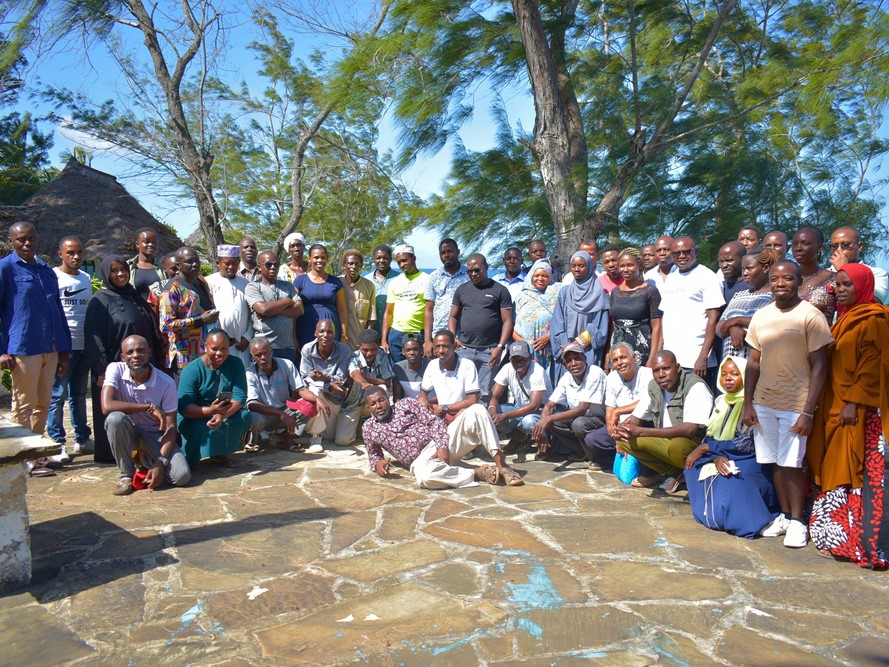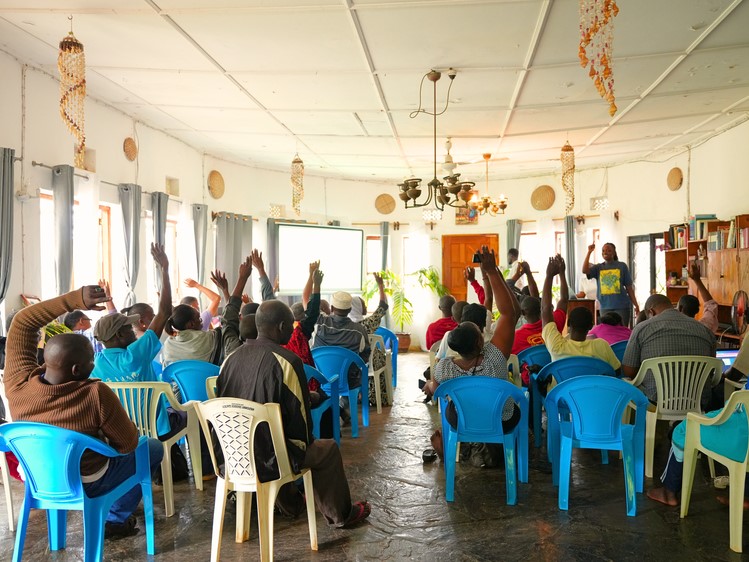Improving co-management of coastal fisheries

Group photo with different stakeholders. Credit - Anthony Kariuki Macharia.
Securing coastal fisheries: Strengthening Kilifi Beach Management Unit (KBMU)-NETWORK for a sustainable future of local fisheries livelihoods.
The Kilifi Beach Management Unit (KBMU)-NETWORK is one of the five coastal Counties Beach Management Unit (BMU) Networks. The Network represents the 17 BMUs located within Kilifi County and plays a key role in advocating and lobbying for sustainable fisheries policies within Kilifi County. It is also expected to mobilise resources to manage and enforce joint collaborative management of the 5,724 km² inshore coastal fishery in the County, which supports 4,713 individual fishers and their livelihoods.
The Network, in collaboration with Oceans Alive Foundation and Fauna & Flora, recently embarked on a Site-Level Assessment of Governance and Equity (SAGE) focused on its broader area of jurisdiction (Kilifi seascape) and an organisational capacity assessment for both the Network Executive and the Assembly. SAGE is widely recognised as a tool for communities to enhance governance and equity so as to enable achievement of better results in resource management as well as positive impact on local communities’ livelihoods.
The SAGE assessment was conducted in June 2024 through interactive sessions, using the IUCN Standard SAGE tool, and involved key stakeholders in fisheries management within the County, clustered in four actor groups including government officials, civil society members/NGOs, as well as the Network's Executive and Assembly members.
Both the SAGE and organisational capacity assessments provided valuable insights into the capacity and capabilities of the Network Executive and Assembly. Notably, the deliberations during the SAGE assessment process using the ten principles of the SAGE framework proved valuable in building a shared understanding of equitable governance and its role in achievement of better results in resource management as well as positive impact on local communities’ livelihoods. Key observations arising included:
- There is a lack of coordination between BMU Network and stakeholders, notably NGOs, who are not familiar with the existence, functions, and operations of the Network.
- The BMU Network lacks resources and support from the County Government to be able to support the needs of its membership e.g. in monitoring, control and surveillance.
- The BMU Network contributions to National and County debates are not always valued and taken into consideration by the authorities.

The organisational capacity assessment, aligned with the mandate of the BMU Networks as per the national policy frameworks, was essential in identifying core competencies and areas for improvement within the Network. Key observations arising included:
- Key Governance documents like byelaws, constitution, and other management documents should be simplified and in Swahili.
- The Network is not officially recognised as it needs to be legally registered which would allow them to operate a bank account and secure authority.
- The 17 BMUs lack synchrony in executive committee elections which leads to confusion and the need for constant updating of the new members.
- The Network is facing great difficulty in generating sufficient funds for its operations and needs to explore diverse income generating possibilities.
Over the next nine months, this project will focus on addressing the identified gaps, enabling the Network to effectively mobilise and lobby the Kilifi County government support towards sustainable fisheries management within the County. It is anticipated that with enhanced capacity, the Network will improve on its support to the 17 member BMUs and result in improved co-management in the entire seascape.
Written by Lionel Murage, Lenice Ojwang, and Roselyne Kibogo. For more information on this Darwin Initiative C&C project DARCC050, led by Oceans Alive Foundation, please click here.

 Back
Back